You know the feeling—you’re in the middle of a project, trying to be creative or just focus, and suddenly…brain fog. You can barely remember what you’re doing, let alone come up with fresh ideas. Sound familiar? You’re not alone. Searches like “best foods for focus,” “brain food for studying,” and “what to eat for creativity” are trending across the U.S. right now.
But here’s the truth: what you eat plays a huge role in how well your brain works. Your diet is either helping your concentration and creativity—or dragging you down. The right foods can be like rocket fuel for your mind, giving you that edge when you need to crush a big meeting, ace an exam, or unlock a wave of inspiration.
Food as Fuel for Focus and Innovation
Your brain is always “on.” Even when you’re chilling, it’s burning energy, firing neurons, and making new connections. That takes serious fuel! The best “brain foods” don’t just keep you full—they nourish your neurons, help you think faster, and boost your mood.
It’s not about some magical superfood. It’s about eating in a way that consistently feeds your focus, memory, and imagination.

Americans Searching for the “Best Brain Foods”
More Americans than ever are searching “brain-boosting diet,” “foods for better concentration,” and “what to eat for mental clarity.” There’s a reason: we all want to do more, create more, and feel less distracted. Whether you’re a student, entrepreneur, or creative, a brain-friendly diet is your secret weapon.
How Nutrition Affects Concentration and Creativity
Every bite you take has an impact on your brain. The right nutrients can enhance memory, protect against brain fog, and even support new ideas.
Key Brain Chemicals and Their Food Sources
-
Dopamine: Linked to motivation and creative drive. You can boost it with protein-rich foods like eggs, lean meats, and dairy.
-
Serotonin: Helps regulate mood and focus. Get it from foods with tryptophan (think turkey, nuts, and seeds) and carbs like oats or whole grains.
-
Acetylcholine: Essential for memory and learning. Found in egg yolks, soy, and certain fish.
The more you fuel your brain with these building blocks, the better it can function—simple as that.
The Science Linking Diet and Cognitive Performance
Multiple studies show that a diet rich in whole foods (fruits, veggies, whole grains, healthy fats) is linked to better attention, memory, and even creativity.
Keywords like “Mediterranean diet for brain health” and “foods to improve concentration” keep climbing in search trends, because more people are realizing: your food choices shape your mental edge.
The Top Brain-Boosting Foods for Focus
Ready for the “greatest hits” of brain nutrition? Add these to your grocery list and watch your focus get a major upgrade.
Omega-3s from Fatty Fish
Think salmon, sardines, trout, and mackerel. Omega-3 fatty acids—especially DHA—are crucial for building and repairing brain cells. Research shows that eating fatty fish a couple times a week can help keep your memory sharp and your concentration strong.
Blueberries, Antioxidants, and Neuroprotection
Blueberries are famous for their antioxidant punch. Antioxidants help fight oxidative stress (which can damage brain cells over time). Just a handful a day has been shown in studies to improve communication between brain cells, boost memory, and may even help slow cognitive decline.
Nuts, Seeds, and Brain-Healthy Fats
Walnuts, almonds, chia seeds, and flaxseeds are loaded with healthy fats, vitamin E, and plant compounds that protect your brain. Just a small serving daily has been linked with better cognitive performance in adults.
Leafy Greens and Cruciferous Veggies
Spinach, kale, broccoli, and Brussels sprouts pack a punch with vitamins like folate and vitamin K. Both support long-term brain health and memory. In fact, research suggests that people who eat more leafy greens stay mentally sharp as they age.
Dark Chocolate and Flavonoids
Good news: a little dark chocolate (70% or higher) is actually brain food! It’s full of flavonoids, caffeine, and magnesium, which can boost blood flow to your brain, enhance focus, and maybe even improve mood. Just stick to small amounts to avoid a sugar crash.

Eating for Creativity: What Works?
Creativity isn’t just about talent—it’s about giving your brain the nutrients to form new connections and think outside the box.
Foods That Spark New Connections
-
Eggs: Rich in choline (precursor to acetylcholine), which is key for learning and memory.
-
Avocado: Healthy fats that support brain cell flexibility and blood flow.
-
Pumpkin seeds: Packed with zinc, magnesium, and iron, which are crucial for nerve signaling and clear thinking.
These foods pop up in searches for “diet for creative thinking” and “what to eat for better ideas” because they truly support brain function.
The Role of Spices and Herbs (Like Turmeric)
Turmeric is a natural anti-inflammatory with curcumin, which crosses the blood-brain barrier and has been shown in studies to boost mood and support neurogenesis (new brain cells!). Sprinkle it on eggs, veggies, or in a smoothie.
Other brainy herbs: sage, rosemary, and even a dash of cinnamon—all have compounds that may support memory and focus.
What to Avoid: Foods That Sabotage Your Brain
Just as some foods help you shine, others can dull your mental edge.
Refined Sugars and Processed Foods
Too much sugar (think pastries, sodas, energy drinks) can spike your blood sugar and lead to major crashes in focus and creativity. Highly processed foods loaded with unhealthy fats can trigger inflammation and slow down your thinking.
No surprise that “foods that hurt concentration” and “foods that cause brain fog” are common Google searches!
The Impact of Dehydration and Skipping Meals
Even mild dehydration can sap your concentration and energy. And if you skip meals, your brain doesn’t get the steady supply of glucose it needs to operate at full power. Drinking enough water and eating regular, balanced meals is an easy (and underrated) way to boost mental clarity.
Brain-Boosting Meal Ideas for Real Life
It’s not about being perfect—just making brain-friendly choices most of the time.
Smart Breakfasts for Energy and Focus
-
Oatmeal with blueberries and walnuts
-
Avocado toast on whole grain bread with eggs
-
Greek yogurt with pumpkin seeds and a drizzle of honey
Lunches That Keep You Sharp
-
Salmon salad with mixed greens, olive oil, and chickpeas
-
Turkey and spinach wrap with hummus
-
Quinoa bowl with roasted veggies and a sprinkle of turmeric
Snacks for Creative Flow (Without the Crash)
-
A small handful of almonds or walnuts
-
Carrot sticks with guacamole
-
Dark chocolate square with green tea
Supplements for Brain Performance: Do You Need Them?
Most brain-healthy nutrients come best from real food, but supplements can fill gaps.
The Science on Omega-3, B-Vitamins, and Nootropic Supplements
If you rarely eat fish, an omega-3 supplement (DHA/EPA) may help. B-vitamins (especially B6, B12, folate) support energy and nerve health. “Nootropic supplements” like lion’s mane, bacopa, or L-theanine are gaining steam for focus and mood—but always look for quality and talk to your doctor if unsure.
When Food Alone Isn’t Enough
Busy lifestyle? Dietary restrictions? That’s when supplements may make sense. Searches for “best brain supplements,” “natural focus pills,” and “omega-3 for brain health” are climbing as people look for an edge.
Building a Sustainable Brain-Healthy Diet
Don’t aim for perfection—aim for progress.
The 80/20 Rule for Nutrition
Eat for your brain 80% of the time, and enjoy your favorite foods guilt-free the rest. It’s about long-term habits, not quick fixes.
Simple Habits for Lasting Focus
-
Drink water all day
-
Eat breakfast, don’t skip meals
-
Get plenty of color (fruits and veggies) on your plate
-
Choose healthy fats
-
Limit processed and sugary foods
Consistency is what matters most for your brain.
Conclusion: Eat to Unleash Your Full Potential
The science is clear: your brain is only as sharp, creative, and focused as the fuel you give it. With a diet rich in whole foods, healthy fats, leafy greens, and the occasional dark chocolate, you can give your brain the edge it needs to do its best work—whether that’s solving big problems, creating something new, or just staying clear-headed through the day.
A brain-healthy diet isn’t about restriction or stress. It’s about giving yourself every chance to shine.
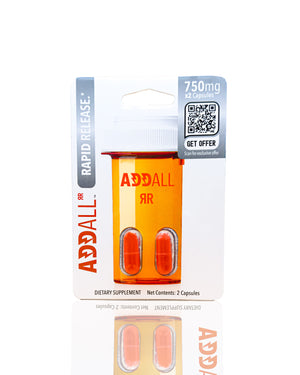
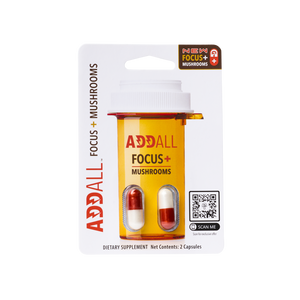

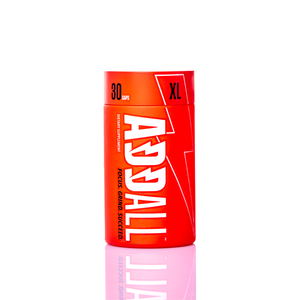
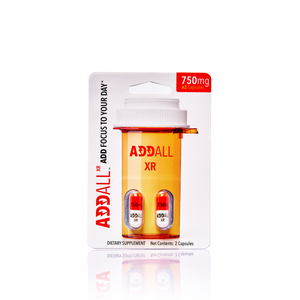
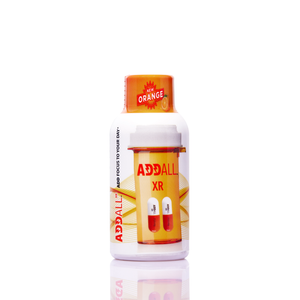

 Addall XR
Addall XR
 Addall XL
Addall XL
 Addall
Addall Addall
Addall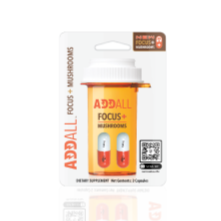 Addall
Addall Addall
Addall
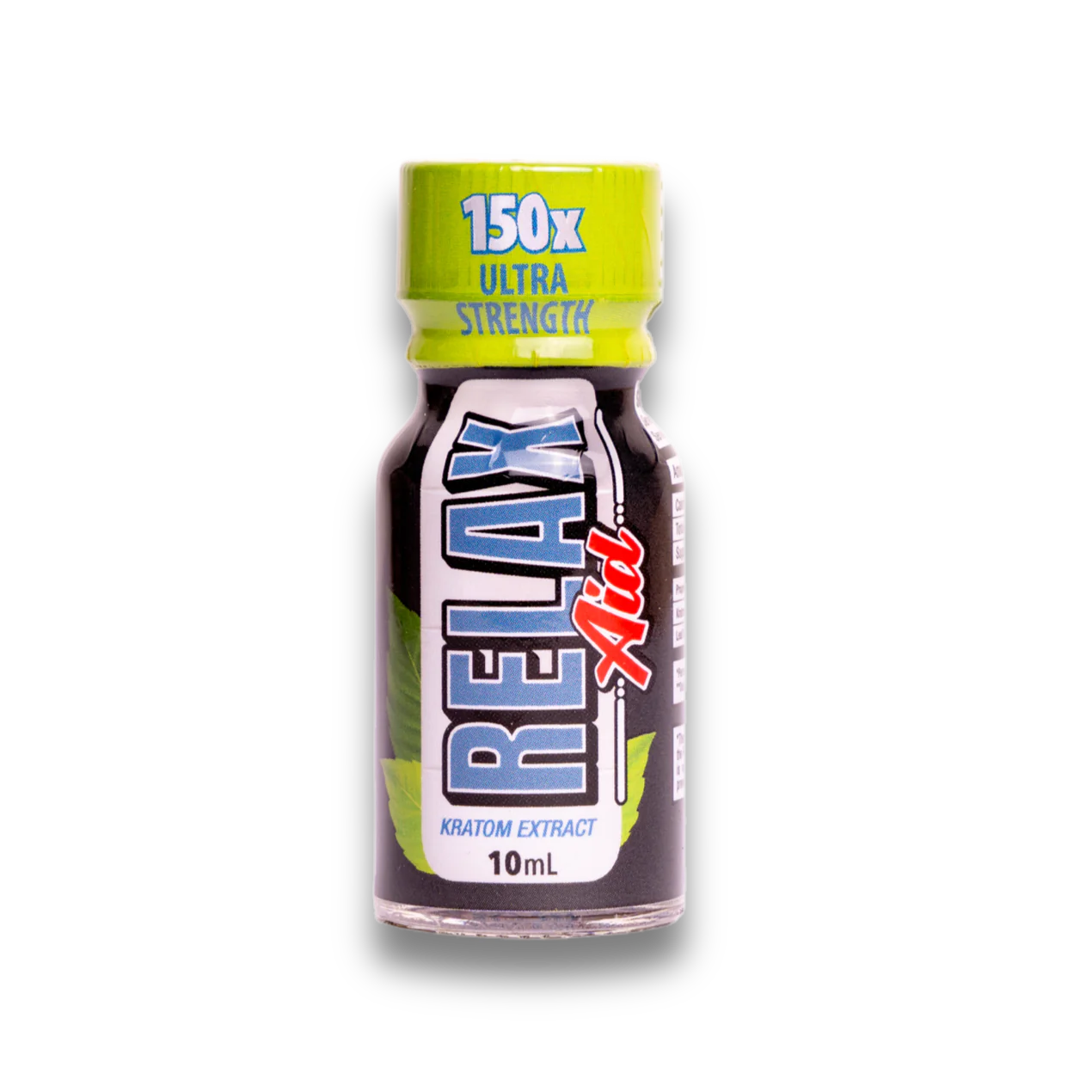 RelaxAid
RelaxAid
 Compare
Compare




















































